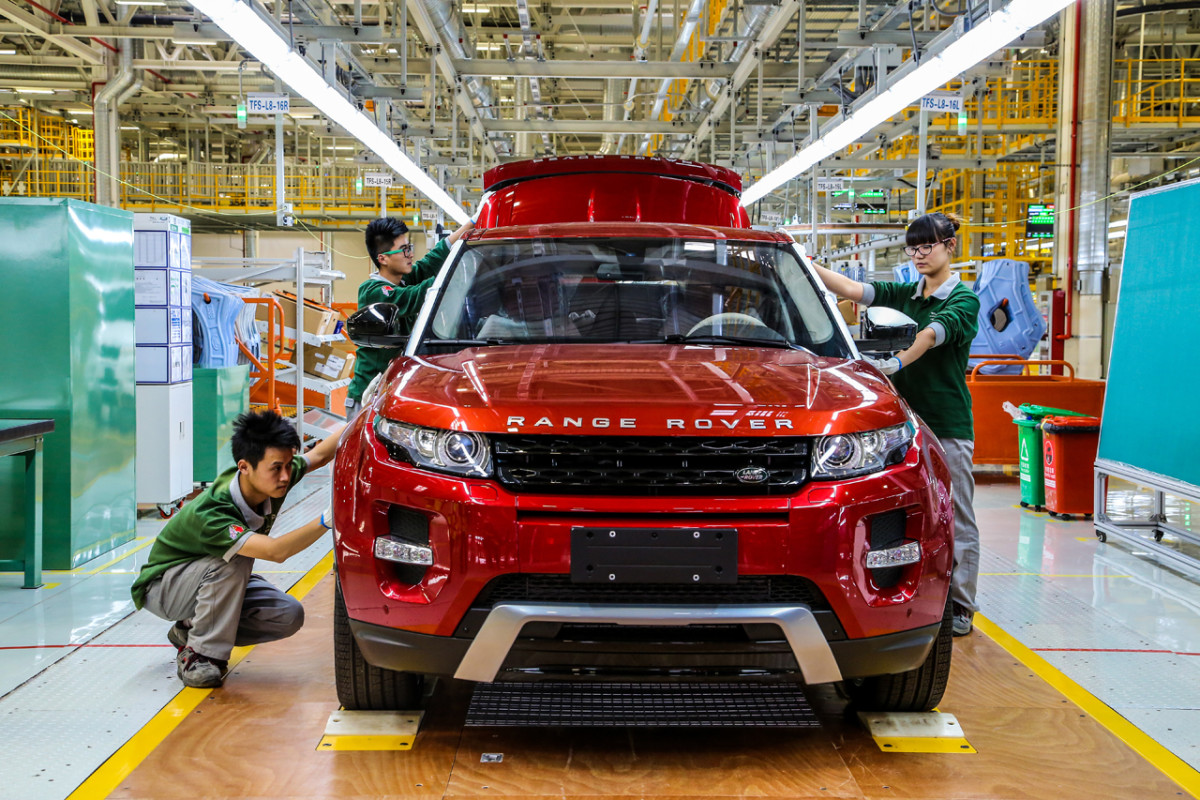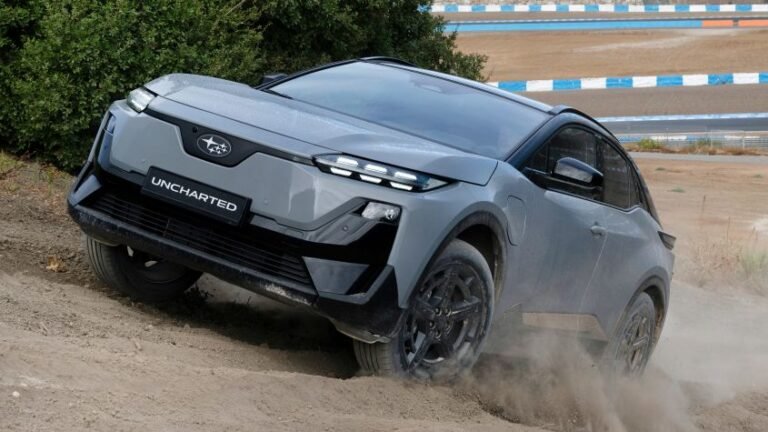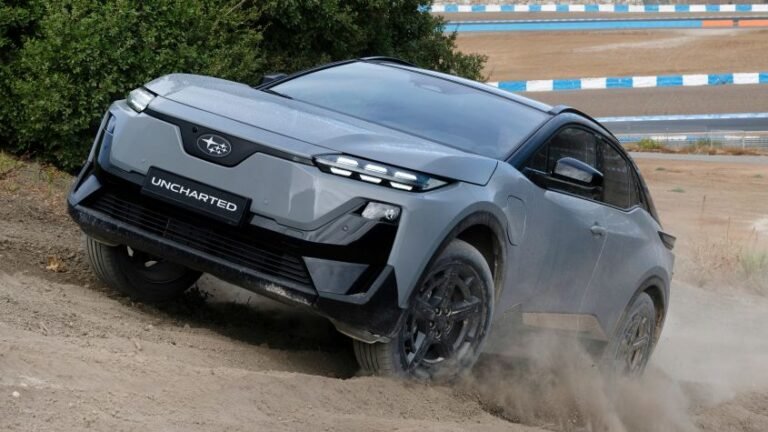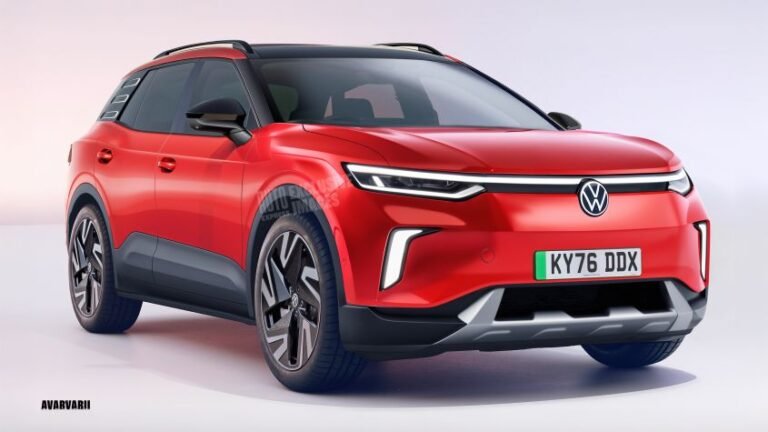Phased Factory Revival: JLR’s Step-by-Step Return
Jaguar Land Rover (JLR) has resumed its global production operations after a severe cyberattack that forced the company to temporarily shut down its systems on September 1. The luxury brand, owned by Tata Motors, aims to recover following a difficult quarter characterized by low sales. The online breach was costly for the automaker, as hackers successfully infiltrated JLR’s business systems, placing significant pressure on the company’s core manufacturing and supply chain.
Restart and Rollout
Jaguar Land Rover
JLR began its production operations at the Wolverhampton engine facility and the Hams Hall battery plant in the West Midlands. The staff is gradually returning to stamping lines in Castle Bromwich, Halewood, and Solihull. Body and paint shops at Solihull followed suit, while full vehicle assembly is ramping up this week. JLR will soon fire up its overseas operations at the Nitra plant in Slovakia, starting with the Defender and Discovery lines first and later with Range Rover models at Solihull. The company is yet to confirm when the Halewood plant, which makes the Evoque and Discovery Sport, will restart.
Why Did Production Stop?
A group of hackers known as ‘Scattered Lapsus$ Hunters’ cyber-attacked JLR’s digital infrastructure globally, forcing the company to shut down its operations by September 2 to protect its sensitive data. The hackers made it public that they had access to the customer data. Retail and production systems were shut down, limiting vehicle manufacturing and disrupting supply chains. Some suppliers faced financial strain and had to lay off workers. UK government committees intervened to stabilize the situation. While JLR’s quick isolation prevented further damage, the incident underscores the growing risks of cyberattacks in the automotive sector.
Financial Losses from the Shutdown
Land Rover
After its recent cyber-related closure, JLR experienced large damages. In the quarter that ended on September 30, wholesale shipments to dealers decreased by 24% to 66,165 units, while retail sales declined 17% year over year, with notable drops in important markets like China (down 23%) and the UK (down 32%). Production focus remains on high-margin models like the Defender and Range Rover, which accounted for 77% of recent output. Analysts estimate the shutdown costs the company up to $6.6 million per day, with total losses potentially reaching $2.67 billion, exceeding the brand’s expected profit for 2025.
Our Take On the JLR Hack
JLR’s cyberattack highlights how vulnerable automakers are as digital systems become central to operations. The breach cost billions, disrupted supply chains, and threatened jobs, showing the need for strong cybersecurity and backup plans. The incident serves as a warning to the entire industry. Businesses must make significant investments in IT security and robust systems as connected technologies and electric vehicles expand in order to avoid such disruptions.



